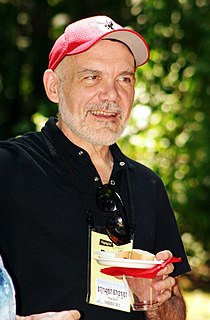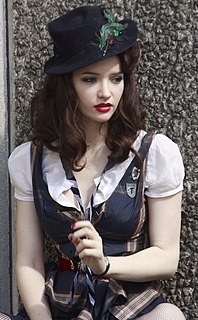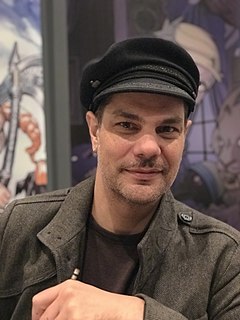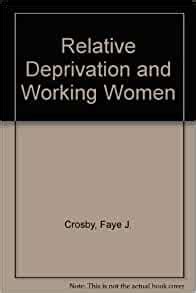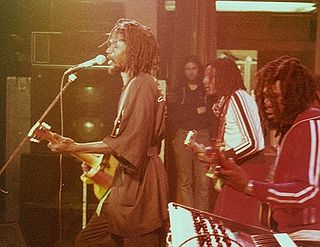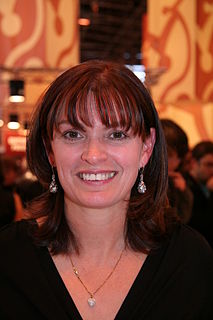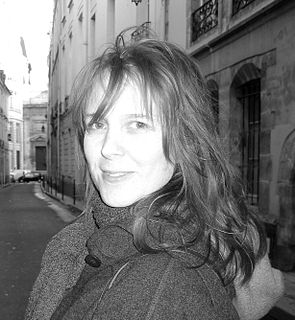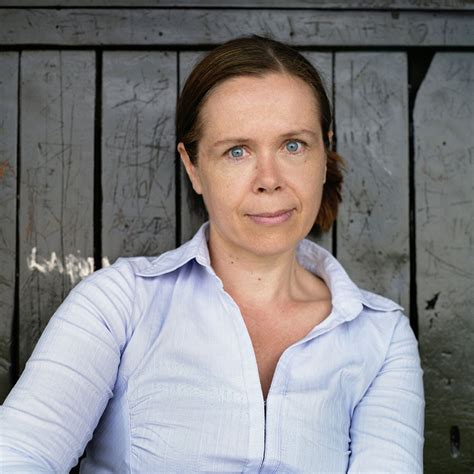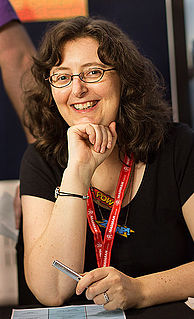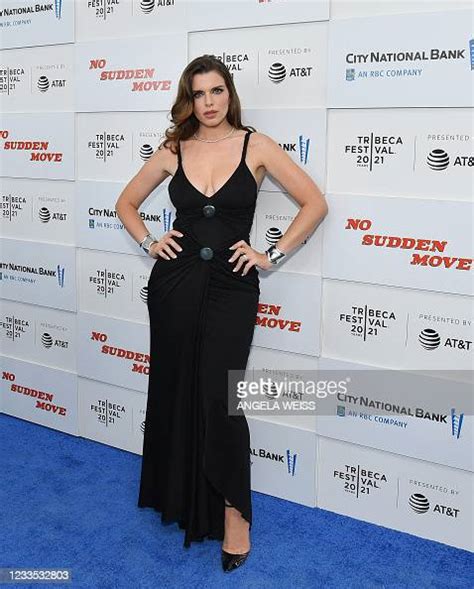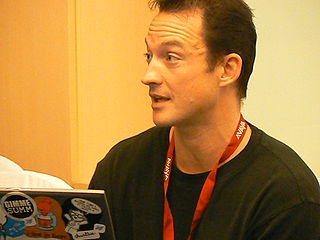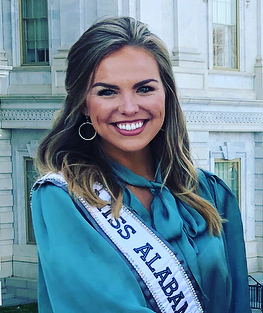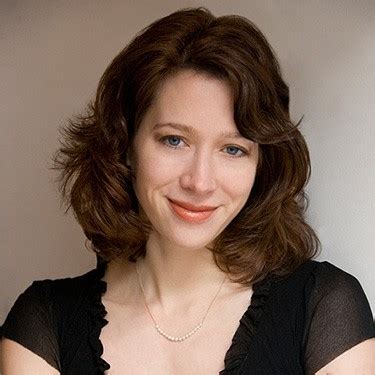Top 1200 Fantasy Novels Quotes & Sayings - Page 6
Explore popular Fantasy Novels quotes.
Last updated on November 26, 2024.
The writers who inspire me most are all women: Enid Blyton, Agatha Christie, Margaret Mitchell and Emily and Charlotte Bronte. As for contemporary novels, one of my favourites is 'Everyone Brave is Forgiven' by Chris Cleave. It's the sort of book to read if you've fallen out of love with reading - it reminds you just how brilliant novels can be.
The traditional American husband and father had the responsibilities-and the privileges-of playing the role of primary provider. Sharing that role is not easy. To yield exclusive access to the role is to surrender some of the potential for fulfilling the hero fantasy-a fantasy that appeals to us all. The loss is far from trivial.
I wish more fantasy, especially the dominant fantasy that draws heavily on British and Christian lore, would wrestle with its own ethnospecific nature and what that means when the story is set somewhere where more than one belief system is in operation. If all you do is pay lip service to it, you can get the kind of thing where the writer has thrown one Hindu god into a Christianist fantasy (rendering said god by default a demon or otherwise inferior to the dominant religious system of the story, which is such an insult), and the hero is able to vanquish it by chanting a spell in church Latin.
The structure of my novels has nothing to do with the narrative mode of cinema. My novels would be very difficult to film without ruining them completely. I think this is the area where writers need to place ourselves: from a position of absolute modernity and contemporaneity, creating a culture of objects which cinema cannot.
Sir,’ said Stephen, ‘I read novels with the utmost pertinacity. I look upon them--I look upon good novels--as a very valuable part of literature, conveying more exact and finely-distinguished knowledge of the human heart and mind than almost any other, with greater breadth and depth and fewer constraints.
Fantasy was something I'd read as a child. And, in fact, my teachers despaired a little bit because I refused to give up Enid Blyton. Then I walked through the wardrobe with C. S. Lewis, and I don't think I actually have returned fully from the wardrobe. So, fantasy was something that was in my life from quite young.
My major preoccupation is the question, 'What is reality ?' Many of my stories and novels deal with psychotic states or drug-induced states by which I can present the concept of a multiverse rather than a universe. Music and sociology are themes in my novels, also radical political trends; in particular I've written about fascism and my fear of it.
The first rule of world-building is available physics, which basically means that if you want it to feel real, it has to follow the same rules as this world, from gravity to how human behaviour works. If you have a fantasy element that doesn't obey the laws of physics, make sure that it has a fantasy explanation.
To see what books were available for my older students, I made many trips to the library. If a book looked interesting, I checked it out. I once went home with 30 books! It was then that I realized that kids' novels had the shape of real books, and I began to get ideas for young adult novels and juvenile books.
All entertainment is an element of fantasy because you are seeing something that is not quite real. There is no such thing as reality TV. Reality TV would be to leave a camera on in front of someone's house. Just leave it on. Then whenever the person comes or goes walking the dog or getting groceries, that's what it would be like. Any time you make an edit, you've lost reality TV. You're either compressing time or extending. That's a term that's been overused and overexposed. I think it's fantasy movies that take the fantasy of movies even further.
It's the fantasy of first love. If you've been married for 400 years, as I have, it's nice to experience first love again and you can vicariously through a book. And it is such a fantasy. It takes you away from doing the dishes and the laundry. I think of this as a contemporary romance rather than erotic fiction.
In the end, of course, all novelists will be judged by their novels, but let's not forget that we will also need new ways of assessing the latter. There are people who will continue to write nineteenth-century novels in the early twenty-first, and even win major prizes for them, but that's not very interesting, intellectually or emotionally.
Poetry restores language by breaking it, and I think that much contemporary writing restores fantasy, as a genre of writing in contrast to a genre of commodity or a section in a bookstore, by breaking it. Michael Moorcock revived fantasy by prying it loose from morality; writers like Jeff VanderMeer, Stepan Chapman, Lucius Shepard, Jeffrey Ford, Nathan Ballingrud are doing the same by prying fantasy away from pedestrian writing, with more vibrant and daring styles, more reflective thinking, and a more widely broadcast spectrum of themes.
Fantasy is my favorite genre for reading and writing. We have more options than anyone else, and the best props and special effects. That means if you want to write a fantasy story with Norse gods, sentient robots, and telepathic dinosaurs, you can do just that. Want to throw in a vampire and a lesbian unicorn while you're at it? Go ahead.
A lot of the strength of an RPG world lies in its foundation: its systems, lore, and when appropriate, its magic systems. While there are elements tied to 'Project: Eternity' that at first glance seem to be classic fantasy, that's intentional - we do want to recreate some elements of a High Fantasy experience.
All my novels are rooted in their time and in their place. The place of my novels is Israel, almost without exception. Almost without exception, my novels are rooted in Israel because that's the place I know well. And, that's my gutsy advice to any young writer: write only about what you know well. Don't write about that which you don't know.
I do not think novels are necessarily more worthwhile than games. A novel can be a trivial waste of time, and a game can teach. Whatever the genre, I think a successful narrative allows us to participate, to try on new roles and points of view. At their best, novels and games serve as vehicles for discovery.
I really struggled with what I was going to do with fantasy suites, but I didn't really want to think too much about it until we got there. I had a lot of other things on my mind at that point... but really that was just a personal decision between me and whoever I decided to go into the fantasy suite with or decided not to.
I often say to my students in workshops that if they are trying to find literary inspiration, they should not go and read novels, because novels are more appropriate for series. Where as they should read short stories - that's the right format for you to be able to actually display the narrative in a film.
It is easy to imagine fantasy as physical and myth as real. We do it almost every moment. We do this as we dream, as we think, and as we cope with the world about us. But these worlds of fantasy that we form into the solid things around us are the source of our discontent. They inspire our search to find ourselves.
A lot of people feel like urban fantasy is a shortcut that gets you around world-building, because it's set "in the real world." But it doesn't really work that way, as I found out. You have to come up with just as consistent an internal cosmology and magic system as you would if you were writing high fantasy.
I guess one of the most magnificent things a novel can do is to change your perspective on the world, and to give it some sense of wonder, and that's what I find so exciting in writing fantasy, especially fantasy for children. Because already, I think children have a very special and unusual way of seeing the world.
In a closed urban fantasy, the magical world is secret and no one knows about it. In an open urban fantasy, everyone knows about it. So with a closed fantasy, you have to figure out how the world keeps itself secret, and with an open one, you have to figure out how knowledge of magic has altered the world we know.
The first rule of world-building is available physics, which basically means that if you want it to feel real, it has to follow the same rules as this world, from gravity to how human behaviour works. If you have a fantasy element that doesnt obey the laws of physics, make sure that it has a fantasy explanation.
